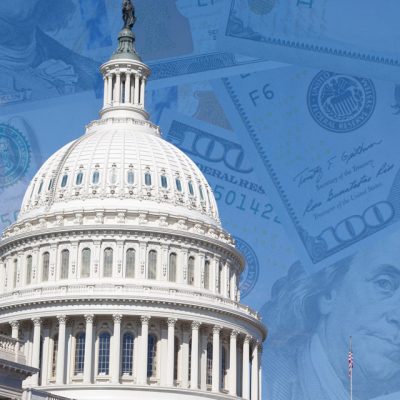Supreme Court LGBT Ruling May Bring Health Benefits Fights: Alito and Thomas
Resources
- The Bostock v. Clayton County opinion and dissents are available here.
- An article about the new federal Affordable Care Act discrimination regulations is available here.
PPACA Section 1557
The U.S. Department of Health and Human Services (HHS), for example, is in the process of publishing final regulations that will repeal a regulation provision that prohibits health care providers or health insurance issuers, including Medicare Advantage plan issuers and Affordable Care Act public exchange plan issuers, from discriminating against people based on gender identity. The health program antidiscrimination regulations were based on Section 1557 of the Patient Protection and Affordable Care Act (PPACA). PPACA is one of the two federal laws in the Affordable Care Act statutory package. HHS released the PPACA Section 1557 regulations during the administration of former President Barack Obama. HHS officials say, in the preamble to their antidiscrimination regulations amendment that the antiscrimination regulations conflict with the lists of protected categories of people in other federal civil rights laws. Alito suggests, in a footnote, that plaintiffs might try to use the Bostock ruling, along with PPACA Section 1557, to make employer-sponsored health plans pay for sex reassignment surgery. Plaintiffs have filed suits seeking sex reassignment surgery benefits based both on Title VII of the Civil Rights Act of 1964 and PPACA Section 1557, Alito writes. He also cites, in a footnote, an example of a transgender man who alleged discrimination under the ACA, in a federal district court case, because a Catholic hospital refused to let a surgeon perform a hysterectomy on him. "And multiple district courts have already concluded that the ACA requires health insurance coverage for sex reassignment surgery ad treatment," Alito writes. "Such claims present difficult religious liberty issues because some employers and health care providers have strong religious objections to sex reassignment procedures, and therefore requiring them to pay for or to perform these procedures will have a severe impact on their ability to honor their deeply held religious beliefs," Alito writes. "The entire federal judiciary will be mired for years in disputes about the reach of the court's reasoning." Alito, however, acknowledged that the majority had an "updating desire" because of "humane and generous impulses." "Today, many Americans know individuals who are gay, lesbian, or transgender and want them to be treated with the dignity, consideration, and fairness that everyone deserves." Alito concludes that Congress is the body responsible making the new legislation necessary to meet that goal. — Read LGBT Community Eyes PPACA's Anti-Discrimination Provisions, on ThinkAdvisor. — Connect with ThinkAdvisor Life/Health on Facebook, LinkedIn and Twitter.
© Touchpoint Markets, All Rights Reserved. Request academic re-use from www.copyright.com. All other uses, submit a request to [email protected]. For more inforrmation visit Asset & Logo Licensing.
Featured Resources
View All
Sponsored by Axos Advisor Services
Integrated Banking Solutions: How To Enhance Client Services and Grow Your Business

Sponsored by Optifino
Three Macro Trends Impacting Long-Term Care: Trends, Solutions & Client Conversations

Sponsored by Vanilla
The Missing Piece: Why Advisors Who Skip Estate Planning are Failing Their Clients







